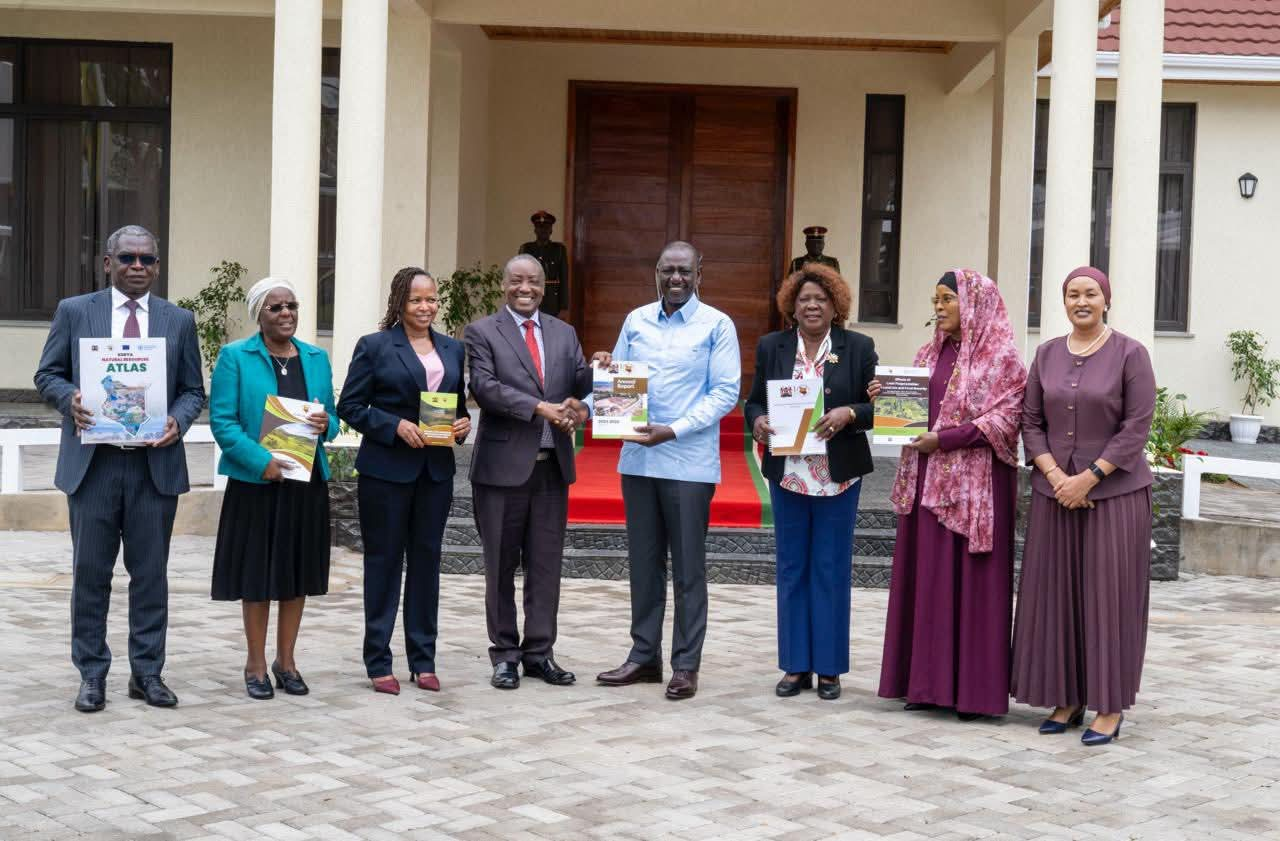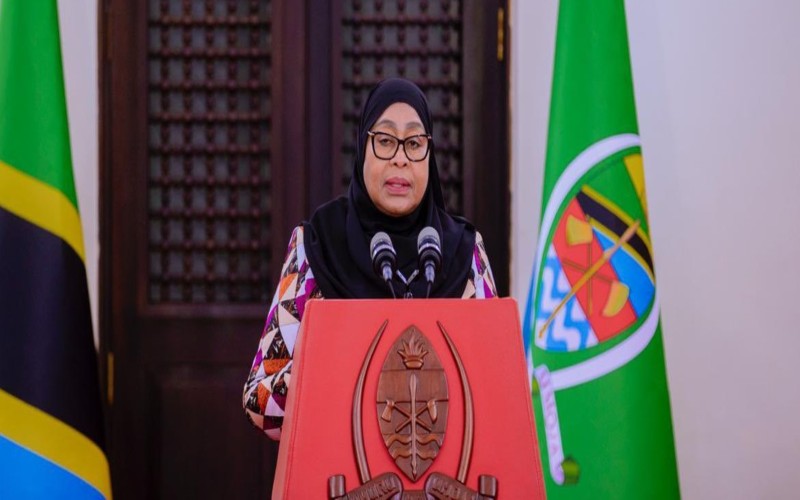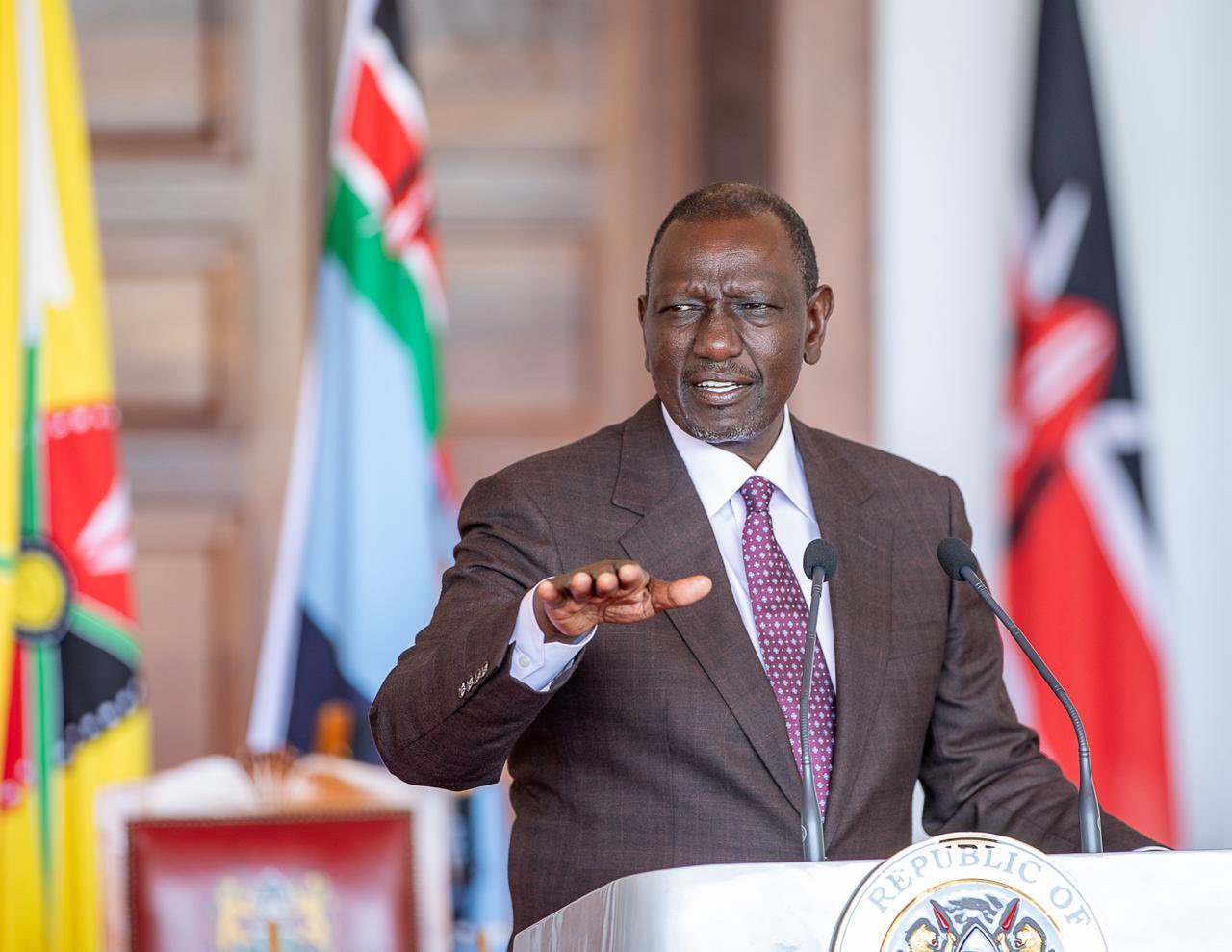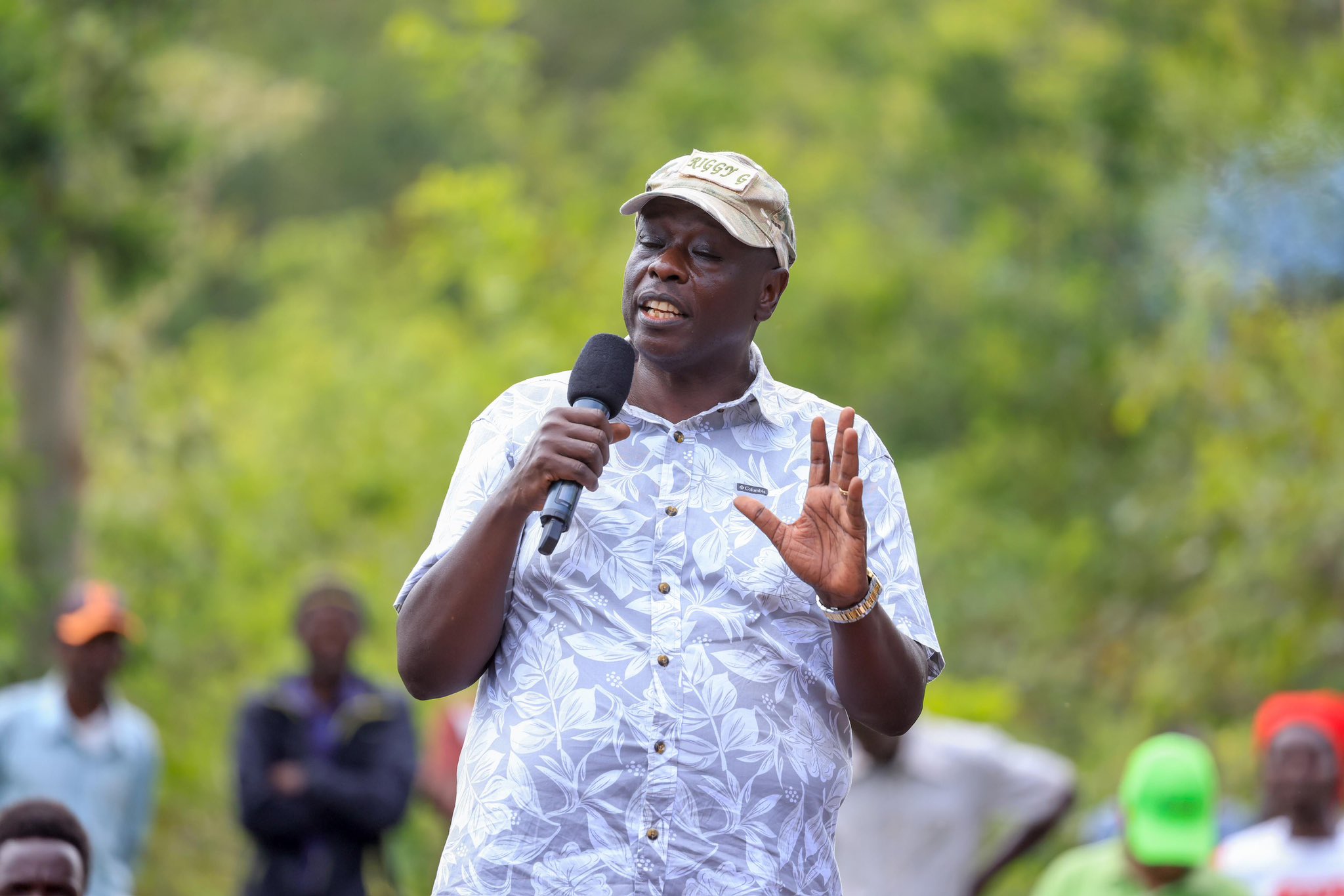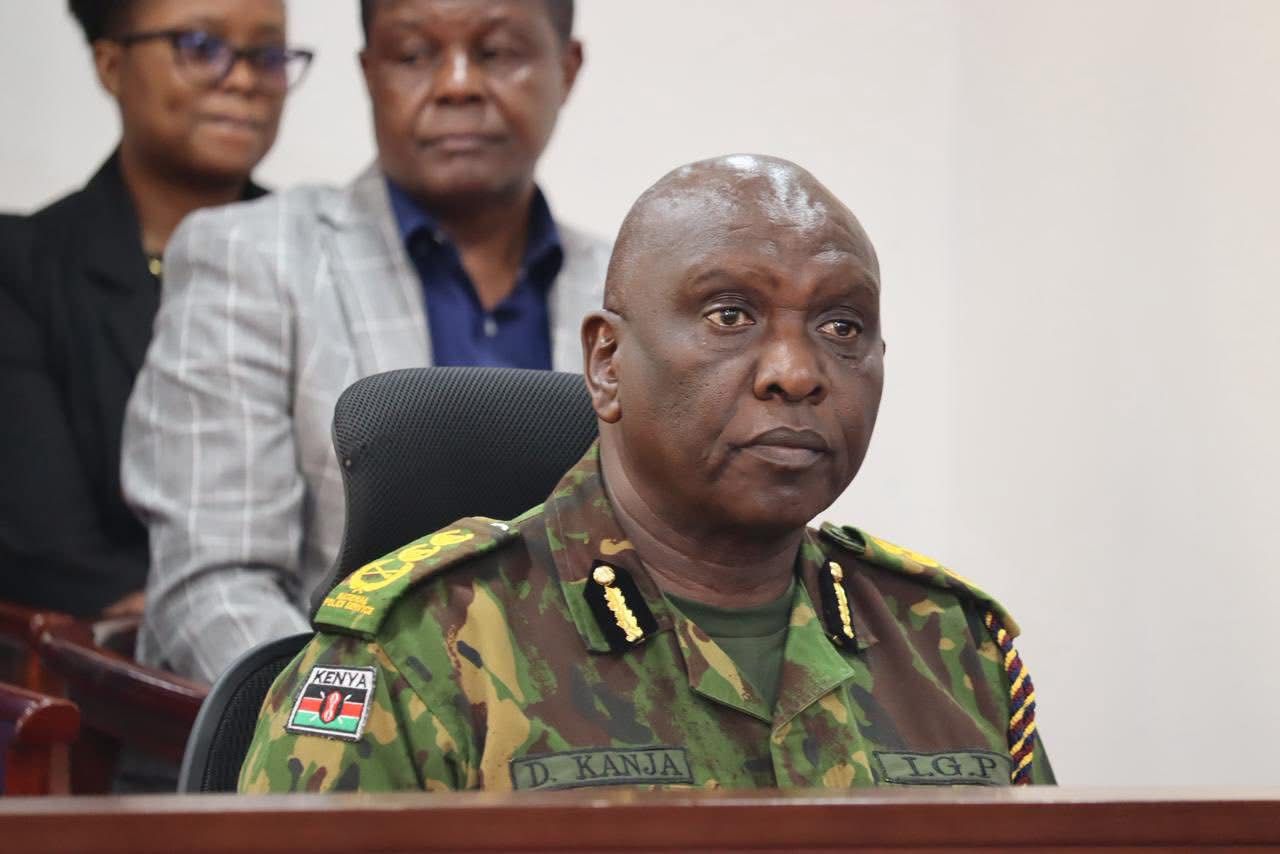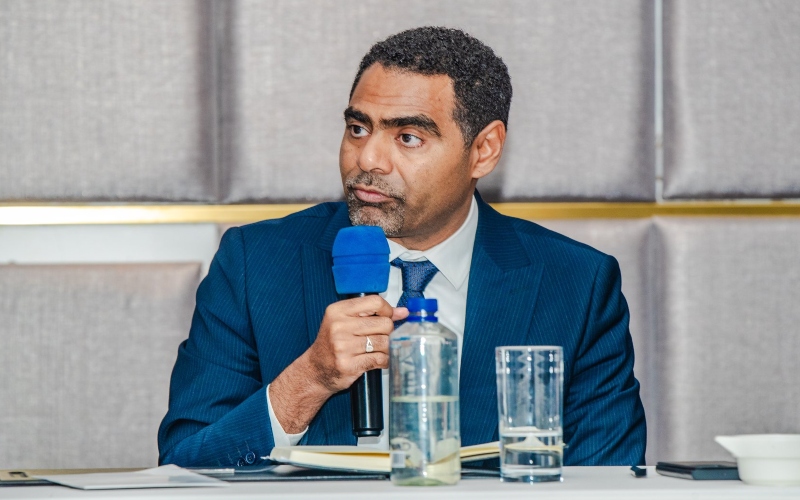Gachagua reveals ministries, reforms he negotiated with Ruto for 2022 votes
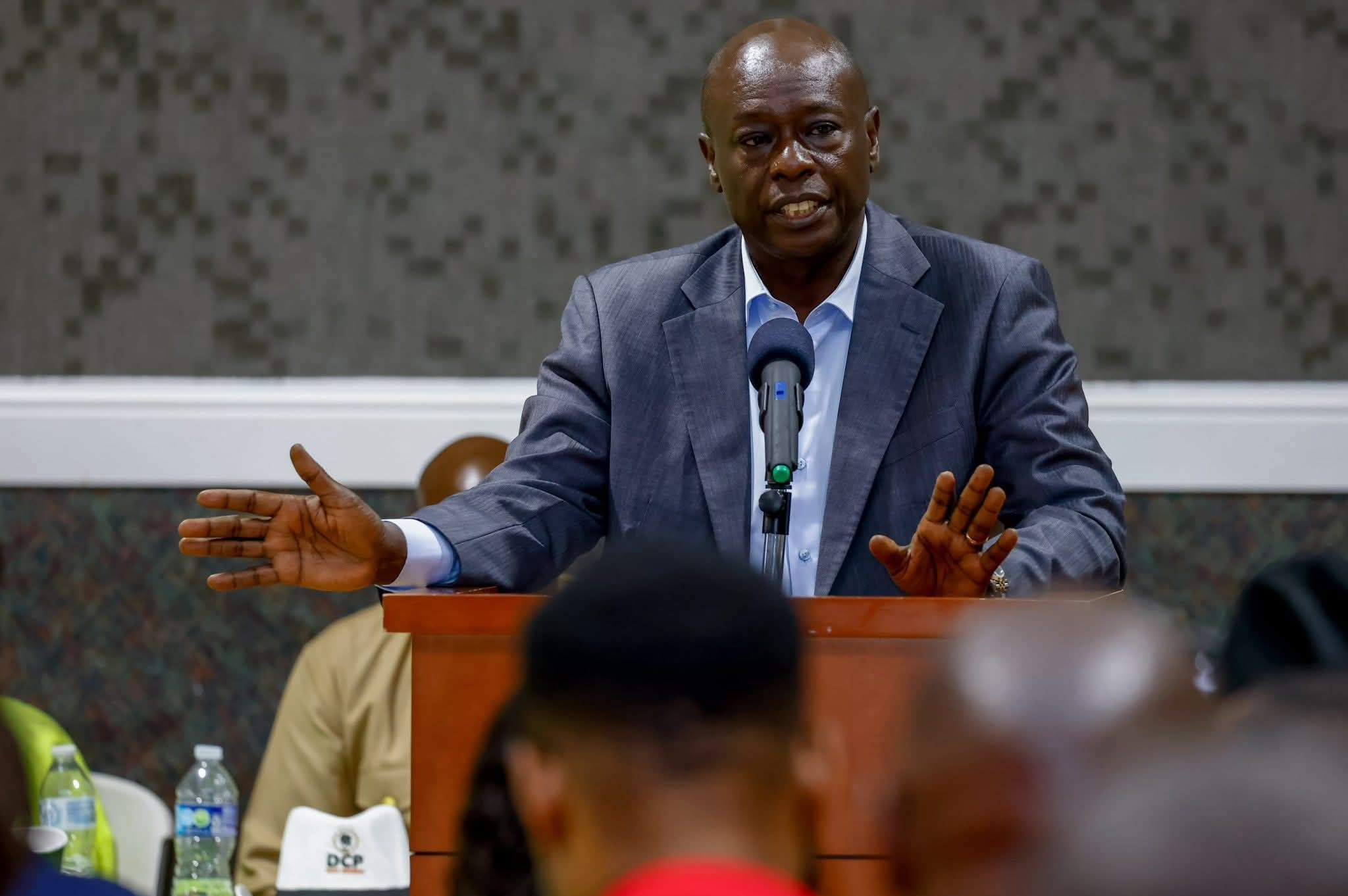
Among the positions, he said, included the ministries of Interior, Finance, Agriculture, Water, Lands, Trade and the Attorney General, which were part of a gentleman’s agreement aimed at rewarding the Mount Kenya region.
Former Deputy President Rigathi Gachagua has revealed several deals he negotiated with President William Ruto, defending the so-called “shareholding” concept as a political arrangement meant to ensure promises to his constituency were fulfilled.
Speaking on Tuesday during an interview with Citizen TV, Gachagua disclosed that Ruto requested 70 per cent of Mount Kenya votes, promising in return 40 per cent of government positions.
More To Read
- I feared for my life due to planned attacks: Gachagua on why he skipped Raila’s State funeral
- Gachagua proposes constituency-level declaration of presidential results to boost transparency
- Petitioner seeks recusal of judges in Gachagua's impeachment case over alleged bias
- Gachagua declares 2027 presidential bid, dismisses impeachment concerns
- Gachagua declines to provide details on alleged Ruto-Al-Shabaab meetings, insists matter is under US investigation
- Journalists injured while covering Gachagua's homecoming, equipment and vehicles destroyed by goons
Among the positions, he said, included the ministries of Interior, Finance, Agriculture, Water, Lands, Trade and the Attorney General, which were part of a gentleman’s agreement aimed at rewarding the Mount Kenya region for delivering votes in the 2022 elections.
He also highlighted other deals, including development projects and sector reforms such as roads, coffee reforms, tea reforms and guaranteed minimum returns.
“We did economic charters with President Ruto for four counties. He came to me because he wanted votes from my region; it was quid pro quo. He said, ‘Rigathi, I want 70 per cent of the mountain votes. Can you deliver that?’ I delivered 87 per cent, and I expected the following,” Gachagua said.
He added that he also negotiated for eight ministries out of 22 in the cabinet and noted that final appointments were the President’s responsibility.
“It was up to him to evaluate, take it or leave it. That is what happens in this country. When Raila Odinga supported Ruto, he also negotiated positions and principal secretary slots. That is how politics works,” he said.
Gachagua, however, noted that the agreement was not written but delivered through a gentleman’s agreement and mutual understanding between the parties involved.
“I sat down with William Ruto and, on behalf of the mountain people, negotiated our expectations from the government, and he negotiated the votes he wanted from our region. It was not written. It was a gentleman’s agreement.
“He sat down with the people of Western Kenya; they were wiser than I. They demanded an agreement. He demanded 70 per cent of their vote; they demanded 30 per cent of government.”
He noted that tensions arose when Ruto began reallocating some of these ministries.
“He took away Finance, which I had negotiated for, and gave it to Prof. John Ndung’u, then to John Mbadi. I had negotiated the Interior. I had negotiated Trade. That is where many people probably fight,” he said.
Gachagua said he insisted on honouring the promises but faced resistance from Ruto.
“I was under a lot of pressure from the people I negotiated on behalf of. They wanted what we agreed on to be honoured. That is when William turned against me because he didn’t want to honour what we had agreed. And, unluckily for me, I didn’t insist on a written agreement. It was a gentleman’s agreement. Nevertheless, even a verbal agreement in law is acceptable,” he said.
The former DP maintained that the agreement was on behalf of Mount Kenya voters who had delivered the promised support.
“That agreement still stands, whether I am there or not. I negotiated on behalf of our people who voted, and they delivered 87 per cent. It’s only that I speak out because I entered the agreement and I am being held to account,” he said.
“The people ask, ‘You promised us coffee reforms, tea reforms, fighting alcohol, improving business. Now things have turned upside down. We are overtaxed. You misled us.’ I was responding to pressure from the people on whose behalf I negotiated,” he said.
Asked whether the deals implied tribal voting patterns, Gachagua said it was about coalitions, not tribes.
“Let me tell you, it’s not tribal. Coalitions are formed by regional blocs. William Ruto sought me for Mount Kenya, Kingi for the Coast, Wetang’ula and Musalia for Western. That’s the nature of our politics,” he explained.
He defended his use of the “shareholding” term, saying it was about managing voter expectations.
“In Nandi, people asked, ‘You voted for this government. We have our sons unemployed. We have expectations.’ My work as a leader was to assure them that what we promised would be fulfilled. That is what I meant,” he said.
On whether development should favour voters who supported a government, Gachagua clarified, saying, “I don’t believe in that. It’s still meritocracy, but there must also be regional balance. Every Kenyan deserves a chance.”
He explained that his insistence on honouring the agreement may have been misunderstood as tribalism or over-demanding.
“I was a tough negotiator. People thought I was tribal or too demanding. But I delivered what I promised, and I only wanted what was agreed upon. I did not want to be short-changed,” he said.
Top Stories Today

